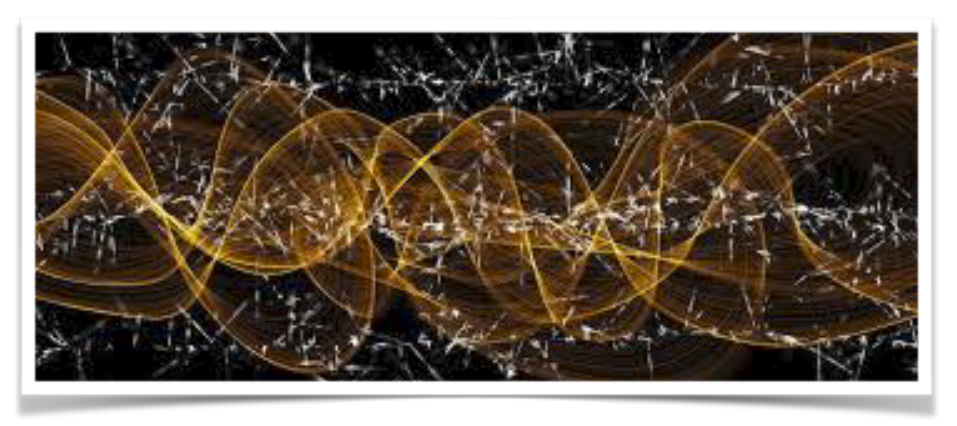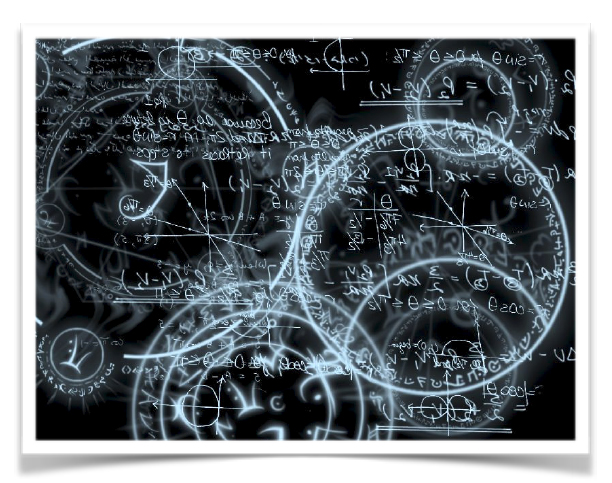Quantum Physics, a new approach

But, what would the medium be connected to? To what universe? From where would he/she obtain all this information?
After Isaac Newton and the classic physics, Albert Einstein contributes with his works of response elements. «A parallel invisible universe, where the time scale would be distorted, but perfectly capable of being consulted.» Would it be this what indians called the “akasha”?
In the quantic universe it is found that there is nothing determined and that the observer consciousness is an active power. It is impossible, for example, to know simultaneously the position and the speed of the elemental particles: it is HEISENBERG’s uncertainty principle or quantum, that is contrary to the laws of Newtonian Physics. A particle with a velocity known accurately is found everywhere simultaneously.

The indivisibility poses then the problem of information transmission in the physical world: the case of two particles separated: twin particles positioned at a certain distance from each other, and which we locate at kilometers, seem to have the capacity to transmit information instantaneously
Albert Einstein thinks then in a metaphysical action at a distance, this is the EPR paradox, according to the name of its inventors: Einstein, Podolsky and Rosen.
Both particles make up a set and they are connected by means of a non-local information system that is unique to them, and which does not transit from one to the other; otherwise, it would need to move faster than light:
They are ENTANGLED!
A new representation of the world is then born, the interconnection at quantic level «everything is linked, everything is entangled. It is the twinning principle, or what it is in the universe». Theworld evolves into an information universe independent of the time-space.
John ECCLES, neurologist and Nobel Prize said that consciousness is neither completely separated from nor totally captive in the brain, and questions the mechanical resultant.
The astrophysics Morvan SALEZ explains that the observation or the will to know is not something passive, but a real action; in the quantic universe, everything is nothing else than observation probability; the intention to see acts directly on it.







